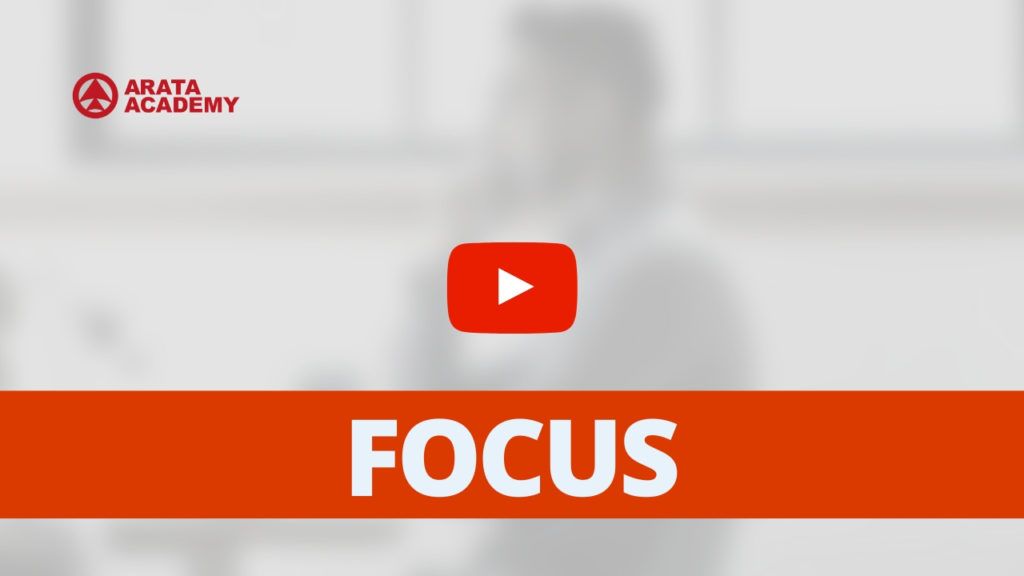Hello! Seiiti Arata. How can you make today better than yesterday, and tomorrow better than today? When you raise your standards, you raise the quality of the results you reap.
There are people who work hard, putting in lots of hours with a lot of effort and also making many sacrifices. But this effort is not always rewarded with adequate results. It is not enough to work hard. We must work intelligently.
1. Raise your standards.
Raising our standards makes the whole difference. What does that mean?
The work you do must be of high standards. You need high standards to avoid distractions and to keep your focus. You need high standards to select what is the minimum acceptable service or product you deliver. Half-assed work is not tolerated. It has to be of high standards. Be clear on what you will no longer tolerate in your life. Be clear on the minimum you will accept in your future.
2. There is no progress where there is no commitment to improve.
Doing things to low standards will never lead to exceptional results. When we accept low standards we allow mediocrity to enter our lives. If you think it’s acceptable to do mediocre work, your own standards will drop. And since we are coherent, what else will we accept? Interruptions, incomplete work, procrastination.
Those who work for two hours with focus can produce more valuable results than those who work ten hours unfocused and with constant distractions. This is applicable whether you are a student, or you do artistic or intellectual work. Especially if you use your brain at work, two hours of focused work may have more value than two years of unfocused work.
So let me invite you to break free from the chains of mediocrity. There is no progress where there is no commitment.
Never accept anything substandard, starting with the results of your own work. Reduce the list of tasks that do not inspire you, learn to delegate what does not make sense, and focus only on what you can commit to producing valuable results. If you still don’t know how to delegate, get our Productivity Ninja course today and learn to work productively in teams.
3. Kaizen and continuous improvement
Instead of trying to be perfect, I will seek improvement. This is Kaizen: the continued improvement. Here at Arata Academy we follow the motto “Your continued improvement” and we strive for improvement rather than perfection, because perfection is an unattainable ideal. We have to be humble enough to understand that nothing made by humans will ever be perfect. Everything can be improved. I can now work smarter than before. Today I can eliminate a distraction that hurt me yesterday.
That’s why I always think of continuous improvement. Not to be seeking perfection. Many people repeat the catchphrase “done is better than perfect”—and that’s not true. If I make a bridge with poor quality that collapses and kills many people, there is an example of a job done but with terrible consequences. Done is not always better than perfect.
Again, never accept anything poorly done, starting with the results of your own work. Raise your standards. There is no progress where there is no commitment to improve.
In Japan the idea of Kaizen is linked to the renewal that can be done every day. It is not seeking a revolutionary change that alters everything instantly. We do not want to search for a magic pill. Kaizen is continuous and incremental change, always seeking improvements in our personal life, at home, at work.
We cannot be complacent; progress only happens when there is a commitment to improve.
How do we improve? By raising our standards. By investing in our education, our training. By joining forces with other professionals who also seek excellence.
You can always buy new tools and implement new technologies, but remember that the greatest value of all is the human dimension, the quality of the people who make the projects happen.
And when everyone around us is living the philosophy of continuous improvement, the results accumulate and real progress occurs.
Let’s leave behind the childish idea of wanting to revolutionize life completely. It is more practical to change our next action. This applies to all.
Instead of wanting to never eat sweets or fried food, I’ll just put my focus on my next meal.
Instead of trying to have everlasting love or reignite the passion with melodramatic promises, I will just focus on my next interaction.
Instead of trying to build a multi-million dollar company, I will just focus on my next action at my business.
And that’s how I can abandon the illusion of revolutionising things so they become perfect. I can accept things as they are and, at the same time, I can raise my standards, striving for continuous improvement.
This is how I can understand the next action which deserves my focus. If you want to make this process easier, join us in the course FOCUS by visiting the link arata.se/focuscourse

